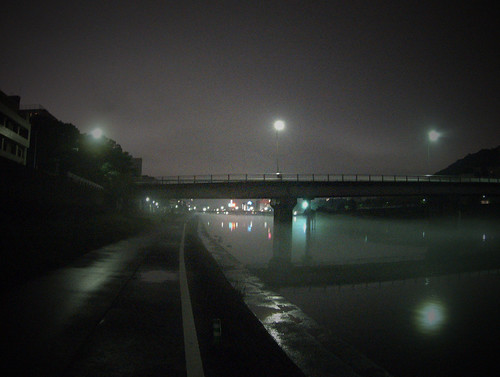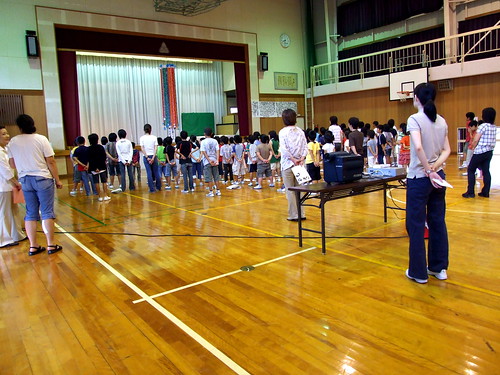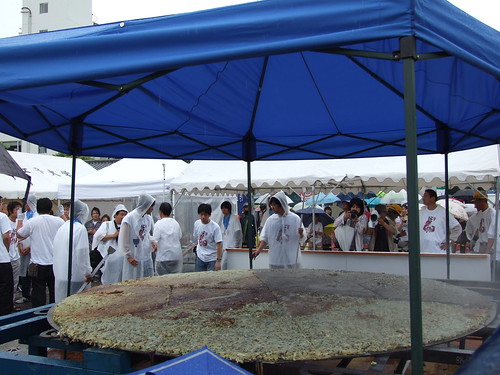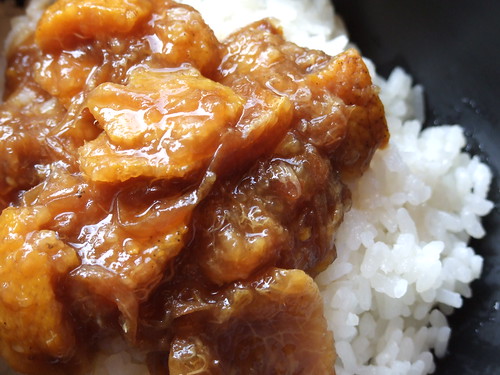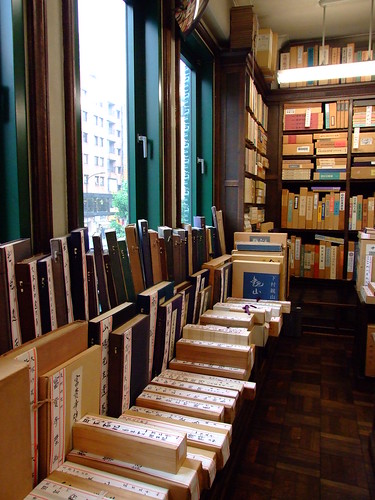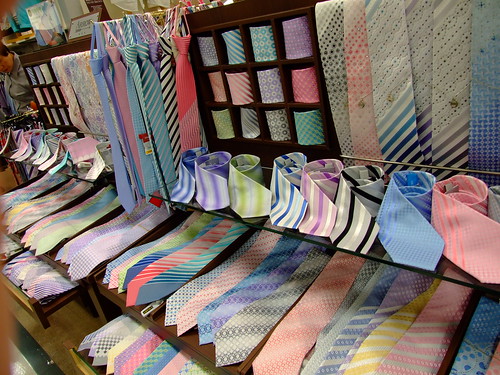Kabuki Dancer, by Sawako Ariyoshi. I didn't seek it out or anything--the English selection at the local library is kindof slim, and this just happened to be sitting there looking interesting in between
Little House on the Prairie and Jeffrey Archer.
It's a historical fiction about the woman who founded Kabuki dance. It was first published as a serialized novel in 1972, which I think is interesting. Serializations are still cool in Japan... in Canada/North America they've been out of style for what, fifty or more years? Why? I think I might like to read a serialized novel.
Anyway, the book. I am really enjoying it. It has strong main characters with approachable, understandable voices, and that's probably the number one quality I look for in a book. It's also sneakily educational. Ariyoshi slips a lot of history in there while the reader is looking the other way. I'm not a huge historical fiction reader, but I think to qualify as good HF, a novel should include a hefty amount of real historical info without getting dry. I enjoy historical fiction more when it exudes the air of being well researched. (How can I tell? What am I talking about? I don't know!)
Kabuki Dancer does indeed do this. I am getting a pretty good Japanese history lesson. And since I am in Japan, it's timely!
I'm only about halfway through the book, but so far I recommend it.
I'm also listening to George R. R. Martin's
A Game of Thrones in audiobook format. I read most of it once before, but got frustrated and didn't read the very ending. (GRRM is known for killing characters, and I am known for wanting characters to stay alive.) The jury is still out, since I'm halfway through this one, too... but I'm
planning to finish it...



